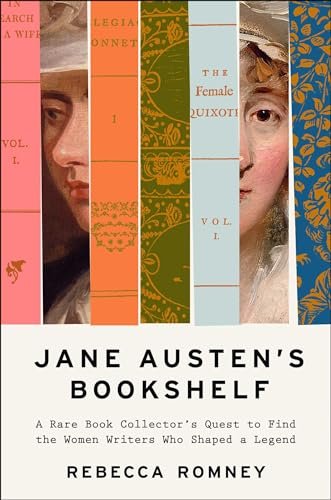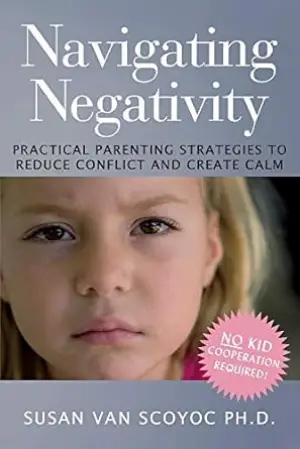A Journey Through Literary History: Review of Jane Austen’s Bookshelf: A Rare Book Collector’s Quest
From the moment I first laid eyes on Jane Austen’s Bookshelf: A Rare Book Collector’s Quest by the insightful and passionate author, Gabrielle Romney, I knew I was in for a delightful adventure. As someone who has been enchanted by the wit and wisdom of Austen, the promise of exploring the lives of female writers in the 18th century through a collector’s lens sparked a thrill in me. This isn’t just another literary critique; it’s a window into the past that elevates forgotten voices while urging us to reconsider those we hold dear.
Romney embarks on a captivating quest to uncover the stories behind nine remarkable women writers, bringing their narratives and creative journeys vivaciously to life. Each author—be it Jane Austen herself, Frances Burney, or Ann Radcliffe—offers a glimpse into the complex tapestry of literary history. I found myself drawn in especially by Austen’s fluctuating reputation; once revered as merely “among the best in her genre,” her posthumous rise to fame hinged on the support of influential male literary figures. It made me ponder how the voices of women are so often drowned out in hushed academia, their brilliance overshadowed by the patriarchal norms of the time.
Romney’s writing sparkles with warmth and enthusiasm, making the historical context accessible and relatable. I appreciated how she skillfully navigated complex themes such as the fickle nature of literary canonization and the cultural biases that have marginalized women writers. The way she contrasts male and female writers from the same era—like the enduring popularity of Henry Fielding compared to the unfair obscurity faced by Frances Burney—was eye-opening and left me reflecting long after I turned the last page.
What stood out to me was Romney’s candid acknowledgment of subjectivity in tastes. I was charmed by her admission that she approached these authors with low expectations but found herself pleasantly surprised. While her generous readings occasionally struck me as overly lenient, they sparked my curiosity about these writers. Perhaps the joy lies in allowing ourselves to navigate the murky waters of literary merit without dismissing offerings simply because they don’t fit neatly into established canon.
Among the many gems in the book, Romney’s analysis of Ann Radcliffe’s The Mysteries of Udolpho intrigued me the most. Her passionate defense of Radcliffe’s influence on later genre writers reminded me of the deep connections between literature and social progress. My thoughts wandered to how contemporary readers might navigate through the complexity of genre and literary criticism, echoing Romney’s belief in the importance of personal judgment, especially concerning female authors who have been dismissed without just cause.
In conclusion, Jane Austen’s Bookshelf is a treasure trove for readers seeking to understand not just the intricacies of 18th-century literature, but also the oft-overlooked female voices that shaped it. This book will resonate with those who love literary history, fans of Austen, and anyone curious about the shifting tides of literary reputation. It struck a personal chord with me, inspiring me to seek out the works of these authors and advocate for their rightful place in literary discussions. A heartfelt 4.5 stars—this is a journey worth taking!
Discover more about Jane Austen’s Bookshelf: A Rare Book Collector’s Quest … on GoodReads >>







